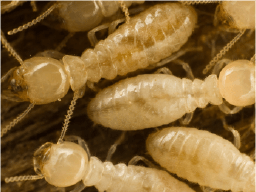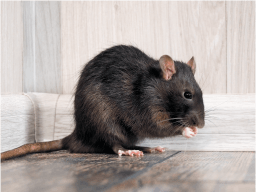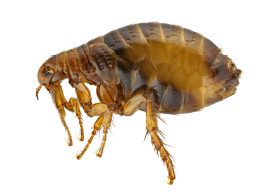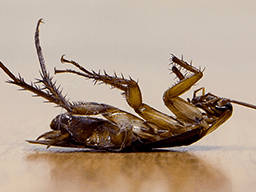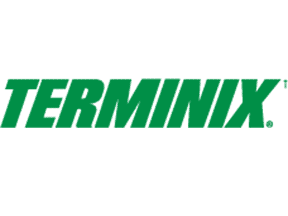Raccoon Scat Identification
Need to get rid of raccoons? Read on to learn the answers to all of your important questions. Need help? Call our professionals today to get started.
Schedule Today!Raccoon Scat
You might already know that raccoons carry rabies and that you should keep your distance in order to avoid the risk of contracting the deadly disease through a raccoon bite. But did you know that raccoons are also carriers of several other diseases, including some that can be transmitted through their feces? Raccoon droppings actually pose a public risk, making knowing how to properly identify raccoon scat an important piece of information.
Raccoon Feces
Raccoon poop is dark, tubular and gives off a pungent smell. Raccoon feces can be up to 3 inches long, clumpy and even sticky in appearance. It is commonly dark brown or black. You may see undigested food in the feces such as berries, the bones of very small animals and even bits of trash if they’ve scavenged for food in human dumpsters. This undigested material can give the scat an almost speckled look.
What Is A Raccoon Latrine?
Raccoons actually eliminate their waste in communal sites, commonly referred to as raccoon latrines. Latrines can be found around the base of trees, on raised surfaces like fallen logs, stumps, woodpiles or large rocks. You can also find them around your home on decks and patios or even inside in your attic or garage.
Raccoon latrines are dangerous because raccoons are the main host of a roundworm called Baylisascaris procyonis which can be harmful to humans. Roundworm eggs, which live in the feces of infected raccoons, can be easily passed on to humans through touching a surface contaminated by these eggs and then subsequently ingest these microscopic eggs. It is also common for infections to occur through the inhalation of roundworm eggs. For this reason, anyone exposed to any environment in which raccoons may have been present is at risk. Those individuals who are most likely to put dirty fingers or objects into their mouths, such as young children, are at the highest risk for infection.
If you have found a raccoon latrine in or near your home, cleaning the area can decrease the risk of possible infection. Cleaning raccoon feces comes with its own risk of exposure to dangerous diseases, however, and it is therefore not recommended that you clean up raccoon poop on your own. If you have raccoons in your home or have seen raccoon feces or other signs of raccoon activity in your home or neighborhood, call on a wildlife control professional to help eliminate your raccoon issue.
Find A Pest Specialist For Raccoon Control
If you are concerned about raccoon control for your home, please give us a call or fill out the form on this page. PestControlExperts.com is a team of experts who are highly qualified to provide the best recommendations for you and your home, no matter which part of the United States you live in.
Call 855-891-5410




